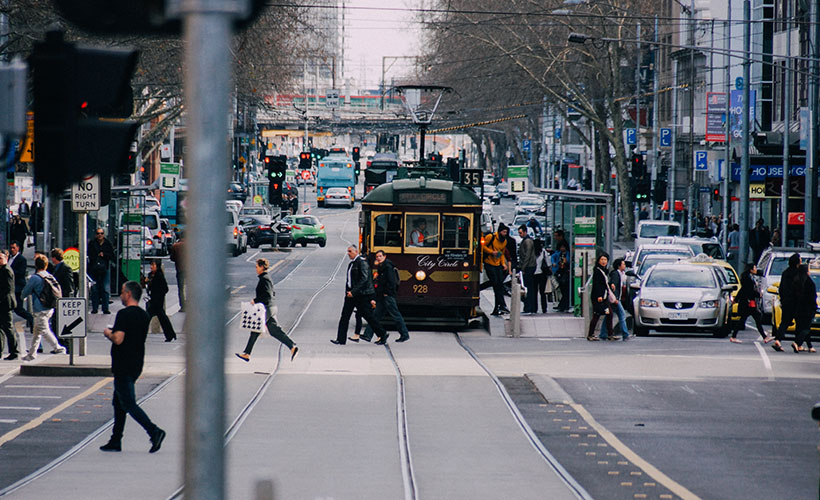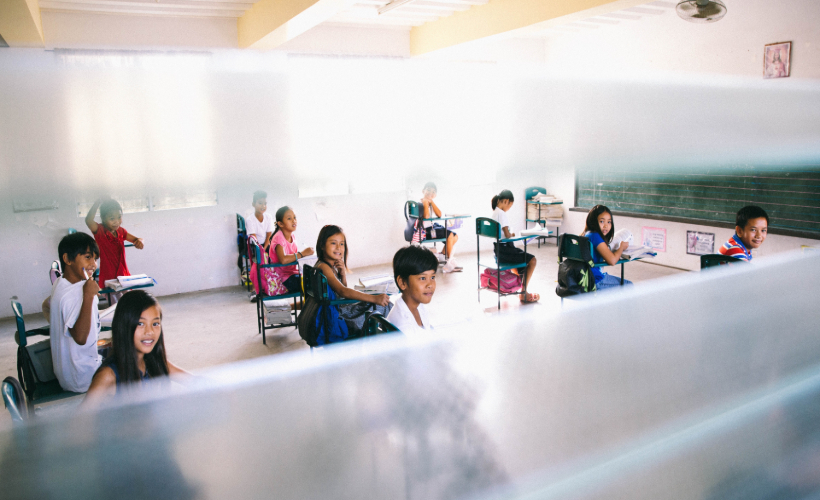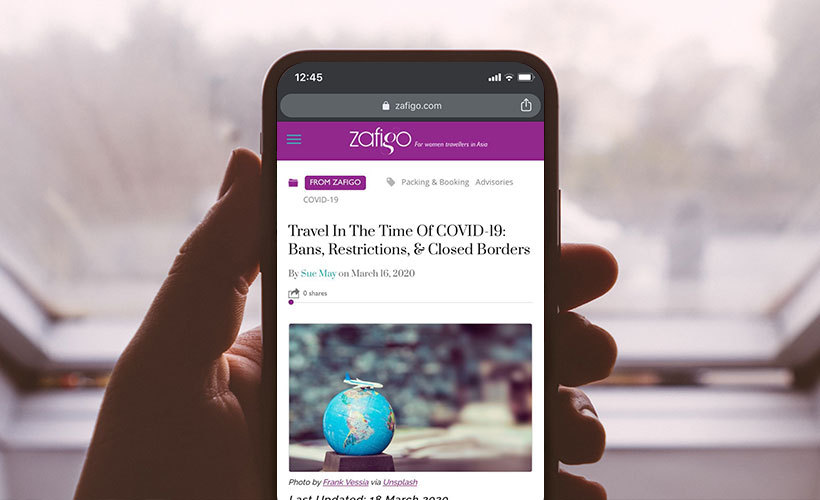
The world’s media has been closely following and reporting on all things COVID-19 since the beginning of the year. A lot of names, terms, as well as health- and medical-related jargons have been thrown about in the news and conversations, leaving many of us confused and none-the-wiser.
To help everyone brush up on COVID-19 knowledge and keep on top of the pandemic, we’ve pulled up some of the more common terms going around and broken it down for the everyday person.
Don’t forget to share this with your loved ones so that they can stay informed, healthy, and safe too.
Asymptomatic
To be asymptomatic is to be infected but not show any symptoms. Someone who is symptomatic will exhibit symptoms of the infection.
Coronavirus
The coronavirus is the most common cause of colds and other upper respiratory infections, including severe ones like MERS, SARS, and most recently, COVID-19. Symptoms of a coronavirus infection include breathing difficulties, cough, and fever.

COVID-19
The disease itself that is going around the world right now is called the COVID-19. It is a recently-discovered coronavirus. The World Health Organization (WHO) says that the name is an abbreviation of (CO)rona(VI)rus (D)isease 20(19).
Epidemic
An epidemic is defined as a large outbreak of a disease in a short period of time.
Flattening the curve
To flatten the curve is to intervene and restrict the spread of the virus so that cases don’t increase suddenly within a short period. This keeps case numbers low and manageable.
Incubation
This refers to the period it takes for symptoms to start showing in an infected person (provided they’re symptomatic). COVID-19 takes up to 14 days to show, according to the WHO.
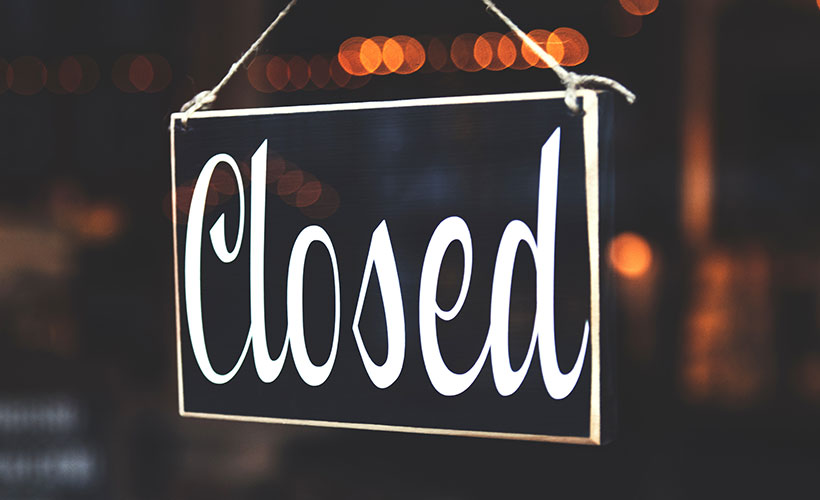
Lockdown
A lockdown is when isolation becomes mandatory and all movement is restricted. People are not allowed to leave their homes for any reason other than an emergency, and there may also be a curfew implemented.
Movement Control Order
A movement control order is to minimise public movement to curb the spread of disease. People are still able to move around freely, but encouraged to only do so when necessary. All outbound international travel, some forms of inbound travel, non-essential businesses, schooling, and public gatherings are temporarily suspended.
Pandemic
The spread of a disease over multiple countries and continents is called a pandemic. The WHO declared COVID-19 a pandemic on 11 March 2020.
Quarantine
This is either a mandatory or voluntary state of isolation within a space or area. People are quarantined if they’ve been exposed to infectious or contagious diseases. You can be quarantined alone, with your loved ones, or even as a community.
SARS-CoV-2
The name of the coronavirus causing COVID-19 is SARS-CoV-2. It was first discovered in the city of Wuhan, China at the end of 2019.
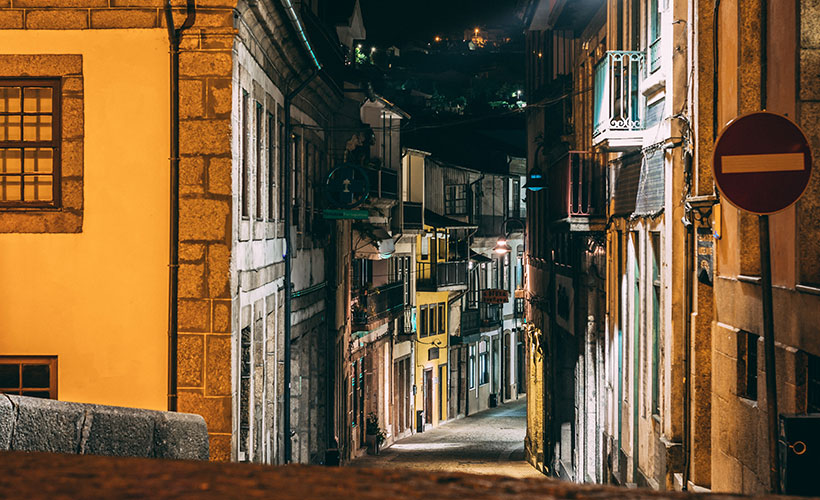
Self-isolation
This is a voluntary act by individuals who suspect that they may have been exposed to the virus, or come in close contact with someone who has been tested positive for COVID-19. People usually self-isolate at home for about two weeks to keep from spreading the virus.
Social distancing
This pandemic’s buzzword basically tells people to keep away from crowds and public spaces, as well as maintain a healthy distance – two metres preferably – from each other. This will help curb the spread of COVID-19.
Travel advisory
An official announcement or notification put out by governments to warn their citizens against travelling to certain countries because of the increased chances of catching COVID-19.
A simplified version of these terms are available as pictorials on Facebook for you to share with friends and followers.

